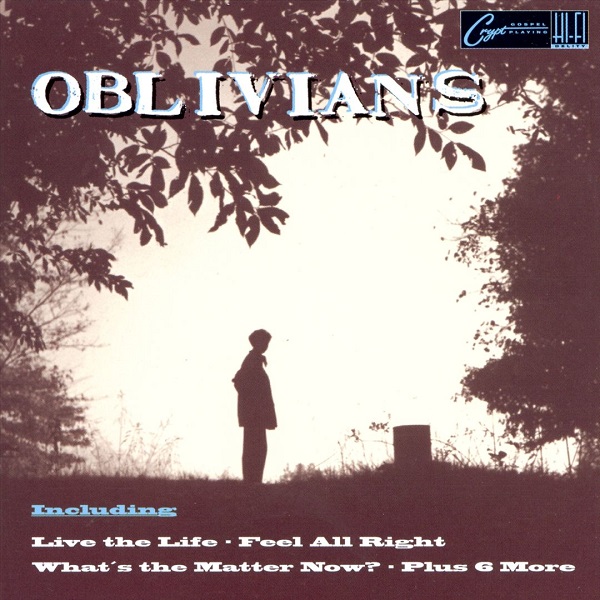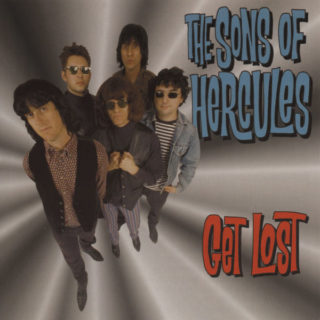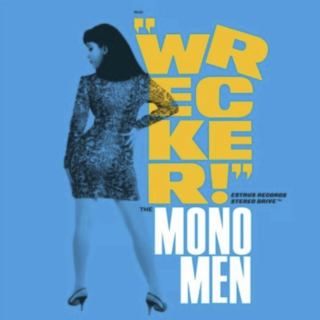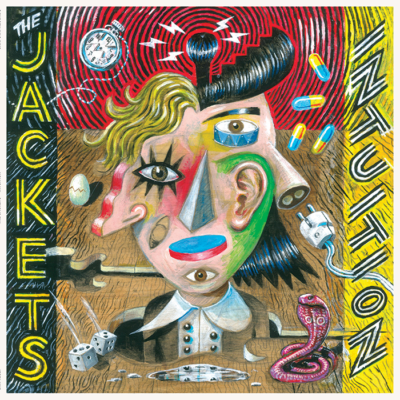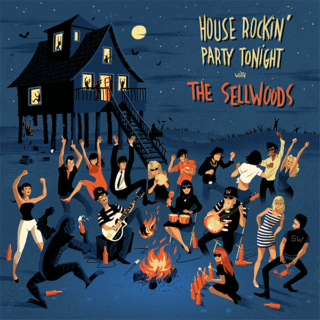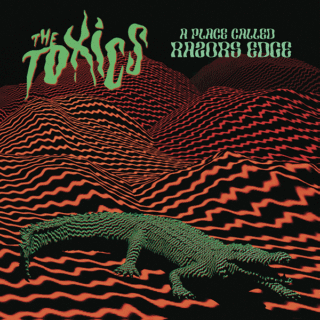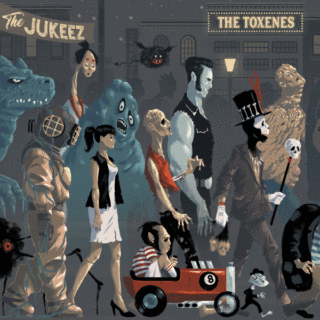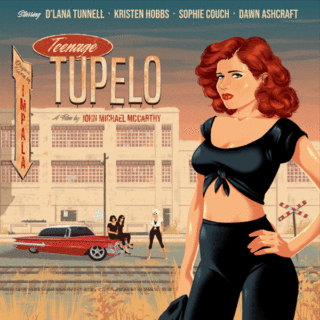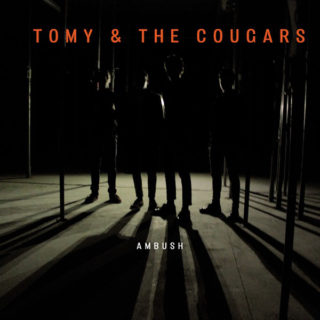OBLIVIANS: Play 9 Songs With Mr. Quintron LP
€17.00
Only 1 left in stock (can be backordered)
Description
Originally released in 1997, Play 9 Songs is the Oblivians’ final studio album before entering a 16 year hiatus. Their generally brash, swaggery garage rock is weighted down here with Quintron’s brilliantly manic organ playing. The melodies are a bit tighter and the boys deliver a fiery mix of gospel-flared, urgent r’n’r. Sadly the world wasn’t quite ready to fully listen and the band splintered into their own projects following this release.
“The third and final Oblivians record was promoted as their gospel album largely due to the subject matter (God/facing one’s spiritual fate) and covers of traditional songs. A departure from raw, in the red garage soul music, Play 9 Songs explores the power of black spirituals (in a raw in the red garage style). “Feel Alright” opens the record with the steady boogie of Mr. Quintron, organ man extraordinaire, and Greg Oblivian’s invocation to do the Lord’s bidding. Imbued with howling soul searching, this is a sinner’s record not a saint’s. Play 9 Songs is by far the cleanest recording by the Oblivians with much of the buzz and fuzz replaced by more subdued guitar parts. “Live the Life is the standout track on the record, full of Memphis soul and preacher’s conviction, “You can’t go to Church child, on Sunday/go out and get drunk/and be a devil on Monday.” The band is talking about the preponderance of fake rock & roll bands out there as much as any morality lesson. A criticism of the record is that “Live the Life” isn’t the finale; it is a very cathartic song. “I May Be Gone,” credited to Blind Charles White, employs a gang chorus and borrows the regional fife and drum beat. Not every track is somber; “What’s the Matter now” and “Ride That Train” are joyous and raucous — downright juke joint dance numbers. The prayerful “Final Stretch” transcends the song of a dying man into a prophesy of the band. the Oblivians broke up shortly after this record. The record finishes at its most rock & roll frenzied, “Mary Lou,” which would have fit on the band’s earlier releases. So they end as they began.” -All Music Guide

